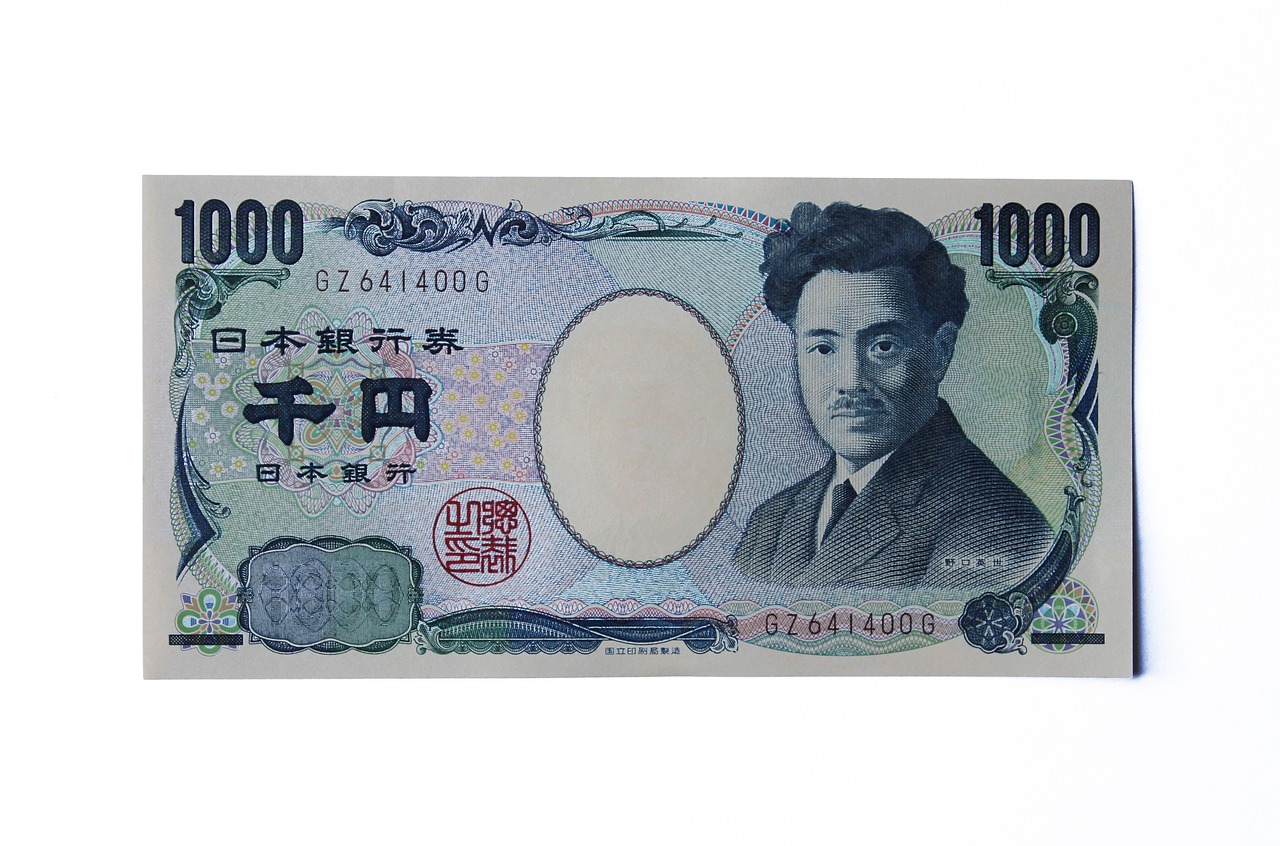The Japanese government has made its intention known to commit to a US $48.5 billion stimulus package. According to a document obtained by Reuters on Monday, the government will use this to subsidize products and alleviate the economic effect of the rise in the cost of petroleum and raw materials.
The yen has fallen sharply against the dollar, with the Bank of Japan (BOJ) defending its ultra-low interest rate policy in the face of rising odds of aggressive rate hikes by the US Federal Reserve.
Most investors believe the yen will continue to fall and that even a government intervention will not be enough to reverse the trend.
According to the paper acquired by Reuters, around 2.7 trillion yen of the 6.2 trillion yen in spending will be funded by the government from an additional budget that they will prepare later this year. The paper does not specify how the remaining money will be raised.
 Growing Concern Over the Yen’s Dramatic Plunge
Growing Concern Over the Yen’s Dramatic Plunge
Last Thursday, Japan’s finance minister said the country had to explain to its G7 partner countries why the yen had declined as such, which should have meant that the authorities had begun to have concerns about the price’s fall to a 20-year low versus the dollar.
The yen had slightly stretched earlier Thursday’s losses, falling to 128.63 yen per dollar soon after the speech, but it was still off a 20-year low of 129.40, recorded the day before.
At the meeting, Bank of Japan Governor Haruhiko Kuroda, who was present, stated that excessive exchange-rate volatility might impact economic activity. He says currency rates should fluctuate steadily and reflect the news. Kuroda added that the BOJ would closely monitor how currency movements affect Japan’s economy and prices.
The administration of Prime Minister Fumio Kishida is set to release the government’s promised relief package on Tuesday as part of the attempt to alleviate the suffering caused by increasing commodity prices worldwide in the aftermath of Russia’s invasion of Ukraine.
According to the paper, the package would include 1.5 trillion yen in spending to deal with rising gasoline costs and 1.3 trillion yen in cash handouts to low-income people.
As the news came through on Monday, the USDJPY market briefly halted its upward trend.
Note: Forexschoolonline.com is not a financial advisor. Do your research before investing your funds in any financial asset or presented product or event. We are not responsible for your investing results.


Leave a Reply